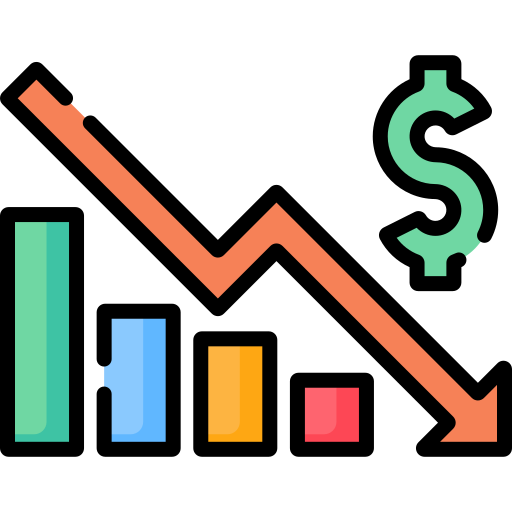Coping with Inflation in the Post-Pandemic Economy
Coping with Inflation in the Post-Pandemic Economy
James Pruitt, Senior Staff Writer
Inflation has been upon us since the Pandemic. We planted the seeds through pandemic relief, which supplied large supplies of money with limited services. People saved and accumulated money, and many workers stayed home. As a result, some industries have laid partially dormant, causing supply chain issues. Furthermore, Russian aggression has limited supplies of both oil and wheat. As a result, each dollar provides fewer goods. We may find ourselves with more money but less buying power.
The good news is the following: You may find your Pandemic-era loan easier to repay. Here is the bad news for your business: Greater difficulty in procuring commodities and services necessary to continue operations.
The challenges of high inflation are myriad. First, planning becomes more complicated. Managers may have to adapt to a new environment. Businesses may commit to purchases, contracts, and personnel decisions that some owners could fear may haunt them down the road.
Next, inflation brings cash-flow issues. As reluctant consumers bring in less revenue, businesses may struggle with their commitments. These changes force careful accounting of input and output to adapt to the changes.
Finally, business owners themselves might struggle with necessary purchases. Higher prices and wages could hit some industries more than others, and throw a wrench into the workings of the company.
Owners frequently wince at the idea of raising prices. However, cost-cutting measures may force painful decisions. For example, a certain piece of equipment may require a hard-hit commodity, such as gasoline, which needs to be rationed. Alternatively, a restaurant might need to decrease its use of a commodity, such as eggs, as inflation strikes the dairy industry especially hard. Hopefully, the business can find less costly alternatives and still maintain profits.
Especially tough decisions may strike the leadership if layoffs seem necessary. Aside from everyday costs, wages may increase as workers face their pressures.
Fortunately, Veteran Business Owners have options. First, many seek financing when inflation strikes. A business loan might help secure commodities, pay workers, and innovate with new technologies. Unfortunately, keep in mind that interest rates tend to rise during these periods, which mitigates against borrowing if at all possible.
Second, re-assess your pricing. Since inflation tends to affect certain industries more than others, aspects of your business may become less cost-effective. A detailed accounting of cash flow may help reprioritize the direction of the business regarding goods and services.
Third, keep customers happy. Remember that your goods or services cost more during inflationary periods. Your clientele is paying more and may expect more as well. Hence, during a recession, customer loyalty can aid your survival. Coupons, loyalty programs, and good customer feedback are some methods to keep them coming.
Fourth, don’t scrimp on innovation. Adapting to new technologies may seem burdensome, but your competition could move forward while you stagnate. Additionally, technology evolves continuously, so each new adaption may keep you on track for further innovations.
The current climate brings painful decisions. Too much money is chasing too few goods. These developments can put a snag in a company’s operations. However, on the bright side, such challenges may allow businesses to develop in their processes, policies, and operations.











